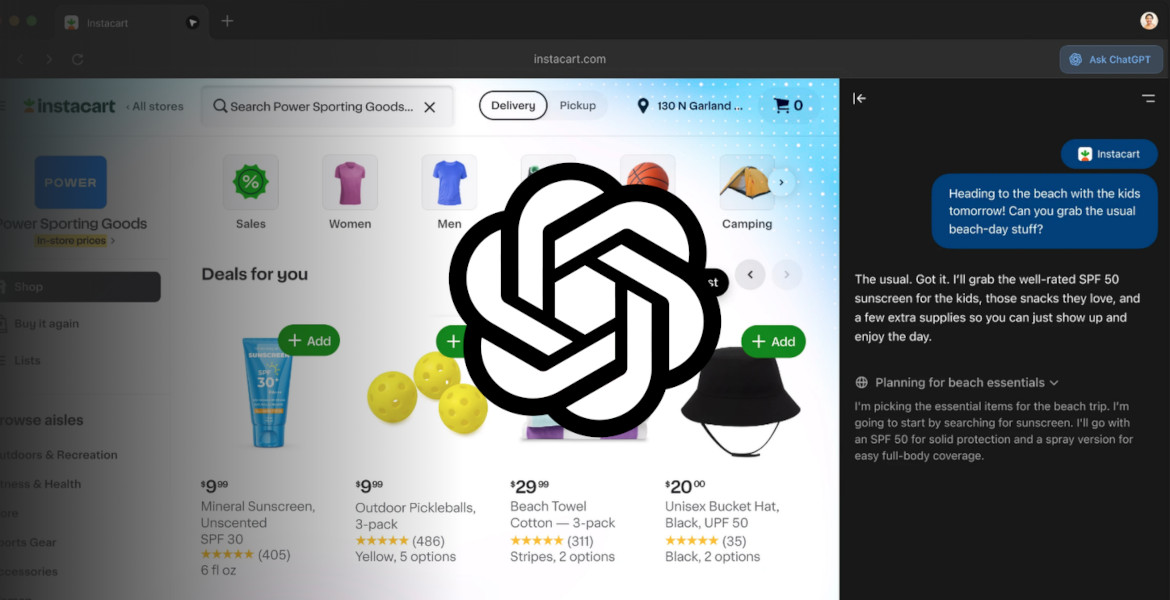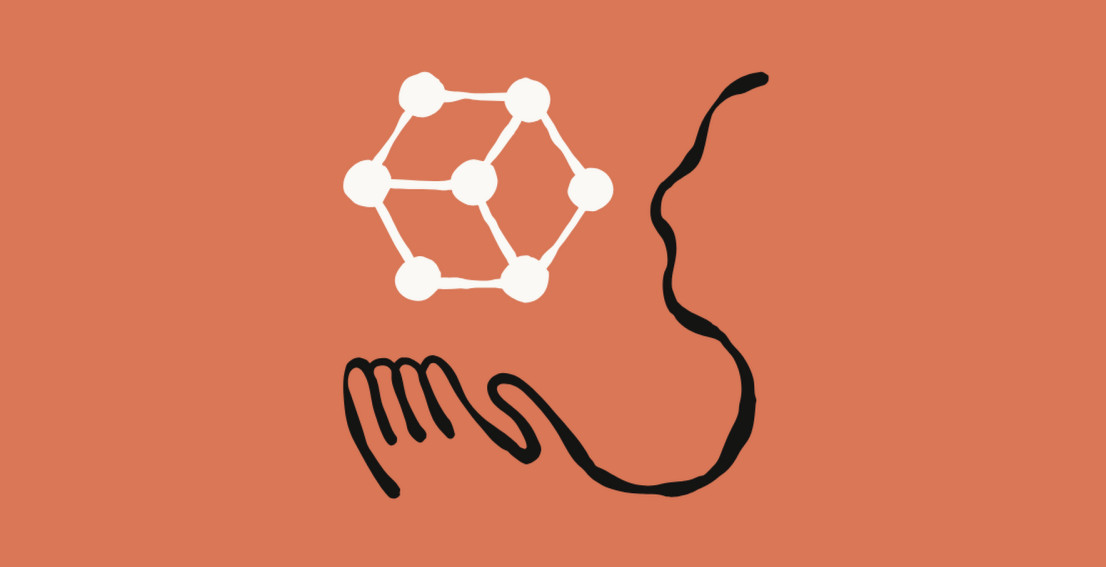OpenAI on Tuesday unveiled its new AI-based browser ChatGPT Atlas, a significant step in the company’s ambition to compete with Google as the primary source for information searches on the internet. The service, initially rolling out for macOS with support for Windows, iOS and Android coming soon, will be available to all users from the start.
Browsers have quickly become the next major battleground in the AI industry. Despite Google Chrome’s long-standing market dominance, a transformative shift is now underway as AI chatbots and intelligent agents change how people work online. Several startup companies have already launched their own AI-powered browsers, including Perplexity’s Comet and The Browser Company’s Dia. Google and Microsoft have also updated Chrome and Edge respectively with AI features.
OpenAI’s chief technology officer for Atlas, Ben Goodger, emphasized in a livestream on Tuesday that ChatGPT forms the core of the company’s first browser. Users can in ChatGPT Atlas engage in dialogue with their search results, similar to the functionality in Perplexity or Google’s AI mode, writes TechCrunch.
Side panel and web history
The most prominent feature in AI-based browsers has been the built-in chatbot in a side panel that automatically receives context from what is displayed on screen. This eliminates the need to manually copy and paste text or drag files to ChatGPT. OpenAI’s product manager Adam Fry confirmed that ChatGPT Atlas also includes this feature.
Additionally, ChatGPT Atlas has a “web history,” which means ChatGPT can now log which websites the user visits and what is done on them, then use the information for more personalized responses.
AI-based browsers also contain agents designed to automate web-based tasks. In TechCrunch’s tests, early versions of these agents prove to work well for simple tasks, but they struggle to handle more complex problems reliably.
Warning: OpenAI stores user data
Users should be aware that ChatGPT stores all conversation data. According to OpenAI’s official data storage guidelines, deleted conversations are saved for up to 30 days in the company’s system, unless legal obligations require longer storage. This applies even when users actively delete their chats.
Furthermore, OpenAI uses conversations to improve its services. Following a court ruling from the New York Times, OpenAI is now forced to permanently save all chats for non-business customers, meaning data is no longer deleted at all for many users.






